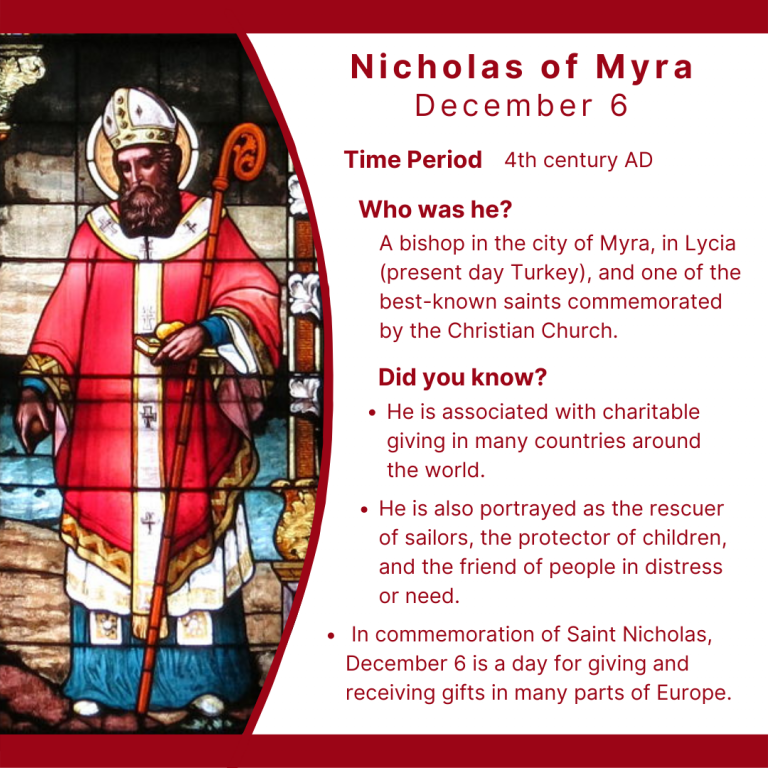Seminary task force delivers report

Acting-president Dr. Tom Winger (Concordia Lutheran Theological Seminary, St. Catharines, Ont.) and President Dr. Manfred Zeuch (Concordia Lutheran Seminary, Edmonton) will discuss the report with their faculty, staff and Boards of Regents.
Members of Lutheran Church–Canada’s Board of Directors received the long-anticipated report from the Task Force on Cost Efficient and Sustainable Seminary Education, December 2. The key recommendation is that LCC conduct seminary education on two campuses, St. Catharines and Edmonton, under a single administration, curriculum and Board of Regents. Other recommendations include establishing on-line “distributed education” courses; capping the number of professors at five, including the president; the use of “smart boards” to allow a professor to teach simultaneously in both locations; a review of how LCC’s Handbook deals with seminary accountability to the church and Board of Directors and a new name for the reconfigured seminary. (Download the report here.)
“The report gives the Board of Directors and the entire church a lot to chew on,” remarked President Robert Bugbee. He expressed his deep appreciation for the tireless work of the task force over the past two years. “It was a vast undertaking that was not without difficulties and tensions for everyone involved. We thank God for the patience and determination that has provided this roadmap for us all to consider.”
In its investigation the task force looked at the history of seminary education in the LCMS and LCC noting that currently almost two-thirds of pastors serving LCC parishes are graduates of LCC seminaries. The report also notes that, were it not for accumulated debt repayments, both Canadian seminaries currently operate in a balanced financial position. However, LCC treasurer, Dwayne Cleave has reported that synod’s 2011 budget includes a reduction in the amount paid to LCC’s two seminaries.
Realizing the status quo is unsustainable and based on what it heard from the seminaries and the church-at-large, the task force report presents four alternatives: 1) close both Canadian seminaries and send pastoral ministry students to study at an LCMS seminary; 2) close one seminary and concentrate pastoral education in one location; 3) bring seminary education under the umbrella of Concordia University College of Alberta in Edmonton; 4) create a single administration and curriculum for a unified seminary program available on campuses in Edmonton and St. Catharines, Ontario.
The report looks at the pros and cons of each alternative. The chairman, Rev. Nolan Astley, task force member Howard Famme and LCC President Robert Bugbee met with Dr. Manfred Zeuch, president of Concordia Lutheran Seminary, Edmonton and Dr. Thomas Winger, acting president of Concordia Lutheran Theological Seminary, St. Catharines to discuss the alternatives, before the task force presented the fourth as its key recommendation.
The Board of Directors, who discussed a draft of the report at its meeting in early November, noted that each alternative would require changes to such things as elected governance; accountabilities; how the institutions grant degrees and administrative oversight. Resolution 08.3.04 adopted at the 2008 Synodical Convention gives the Board of Directors the authority to make any changes necessary to achieve a cost efficient seminary program and to bring any by-law changes to the 2011 convention to enact the plan.



